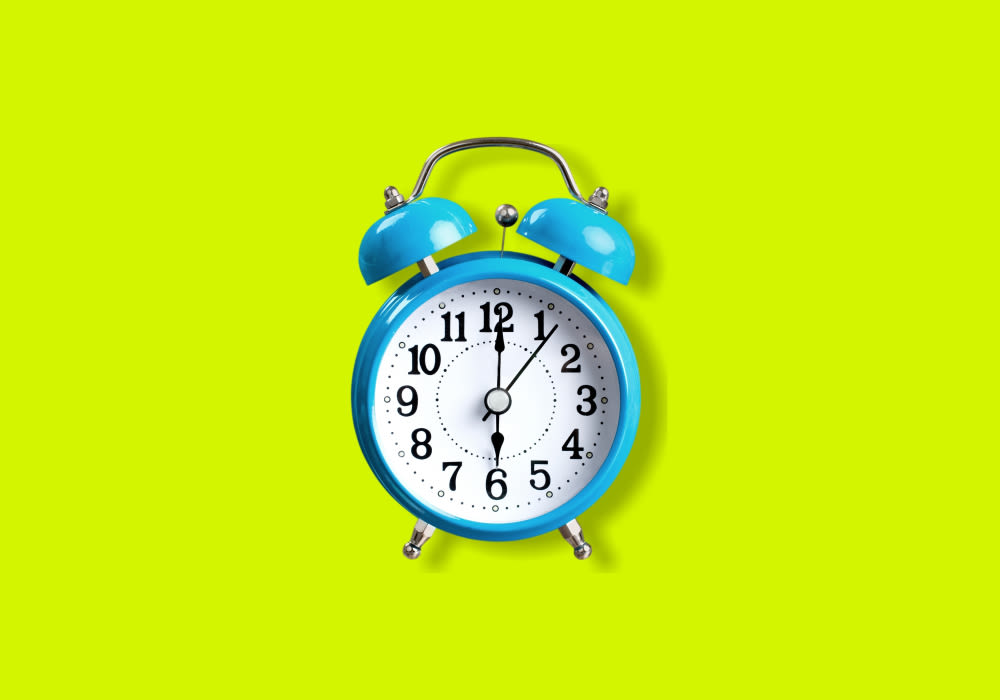The Pros and Cons of Daylight Savings Time

Image: Shutterstock
The Florida State Legislature found a cause nearly everyone could support this year: more sunshine. The House and Senate overwhelmingly passed the Sunshine Protection Act, making Daylight Saving Time permanent. The change has one final hurdle, and it’s a high one: Congressional approval, being led by a bill from Sen. Marco Rubio. Keeping Florida from falling back an hour each fall could have a big impact on life across the state. Here are some reasons to cheer—and jeer—the change.
The Good
1. More time to enjoy sunsets on the beach. In December 2017, sunset came as early as 5:35 p.m. If the time change becomes permanent it will be light after 7 p.m. in January.
2. More time to play golf, paddle kayaks, bike on the Legacy Trail, walk the dog and all the other outdoor activities that are easier in the fall and winter when the temperatures moderate, but difficult when the sun goes down.
3. A boost for business. “More daylight and brighter evenings translate to greater profits as people have more time to go shopping, to dine out and to enjoy outdoor events, and [that] ultimately boosts the local economy,” says Robert Baugh, chief operating officer of the Chiles Restaurant Group, which operates The Sandbar, Beach House and Mar Vista waterfront.
4. We’ll be happier, maybe. A Danish study found that diagnoses of depression spiked 8 percent when clocks were set back an hour.
5. We might be healthier. According to a study in the medical journal Open Heart, the number of heart attacks in the United States increased 24 percent on the Monday after clocks are moved up in the spring, probably because of disrupted and shortened sleep.
6. We also might be safer. A University of Pennsylvania study found that criminal assaults decreased nearly 3 percent after moving clocks forward in the spring. One theory is that criminals are reluctant to strike when it’s light outside. State Sen. Bill Galvano, R-Bradenton, who voted for the bill, cites other studies that show fewer robberies, car accidents and pedestrian injuries when clocks aren’t turned back.
The Bad
1. Pitch-dark mornings. When days are shortest, the time change means sunrise won’t come until after 8 a.m., meaning that children will go to school and spend their first period in the dark. No fun for crossing guards, either.
2. Later prime-time TV viewing. Unless local stations adjust, prime-time television shows will start at 9 p.m. instead of 8 p.m. in the fall when clocks are turned back on the East Coast. That means the local late news won’t start until midnight.
3. The West Coast will be even more distant, with four hours separating it from Florida. You might have to wait until noon to phone a West Coast business or stay up until the wee hours to watch a Tampa Bay Lightning game against the Los Angeles Kings.
4. Beach yoga and other sunrise activities will go from day-starters to mid-mornings, leaving you practically ready for lunch when you’re done. “We’re yoga, we’ll roll with it,” says Elin Larsen, who has led a yoga class on Venice Beach for years. “But I don’t like it. It won’t be good, and not just for me. You’ll see construction workers having to wait until it gets light to start work.”
5. Orthodox Jewish groups oppose the change because waiting on a later sunrise to begin required daily prayers would make them late for work and other commitments.
6. Oh, and you’ll still have to fiddle with your watch, especially almost any time you leave Florida, where most of the East Coast and Midwest will be an hour behind us for half the year.


